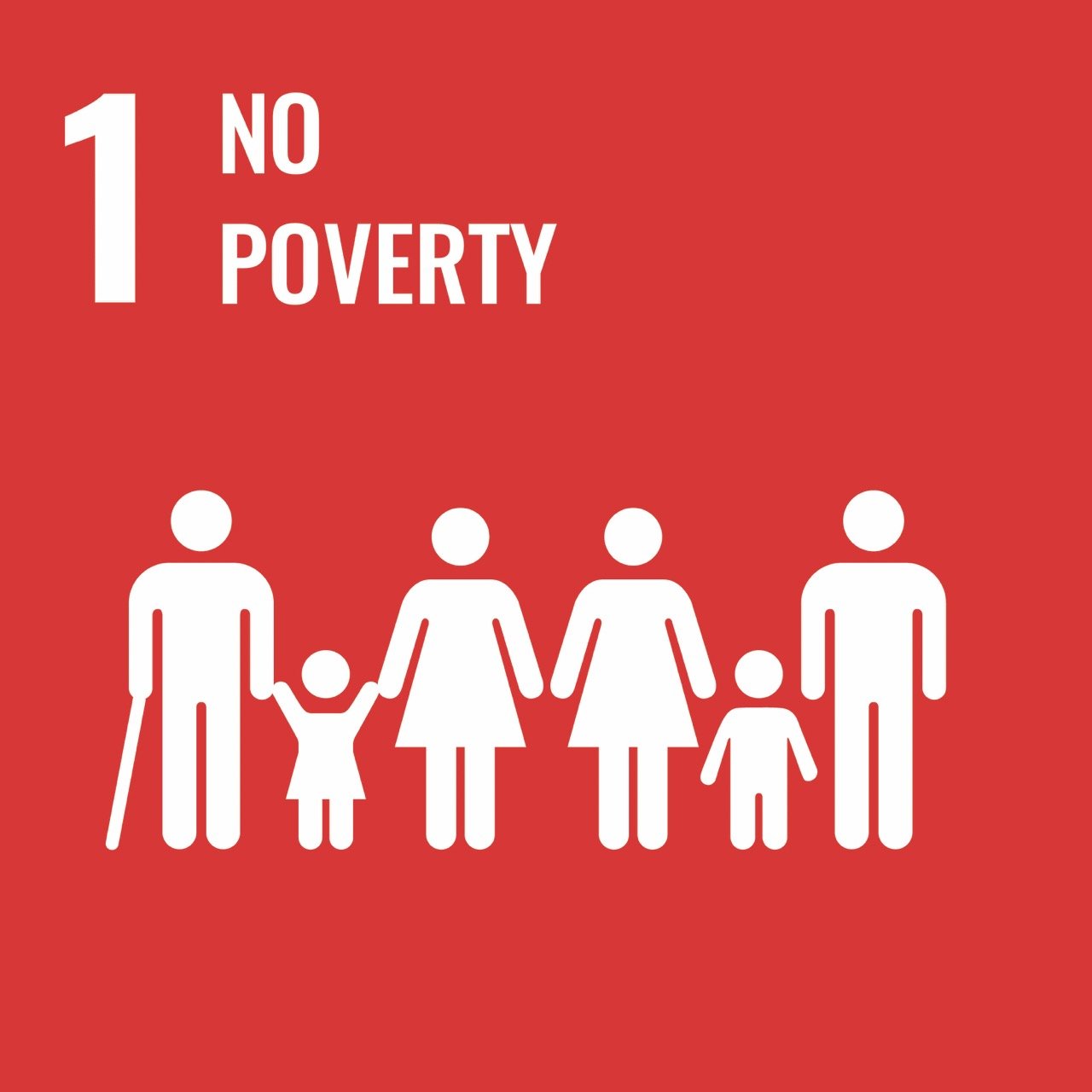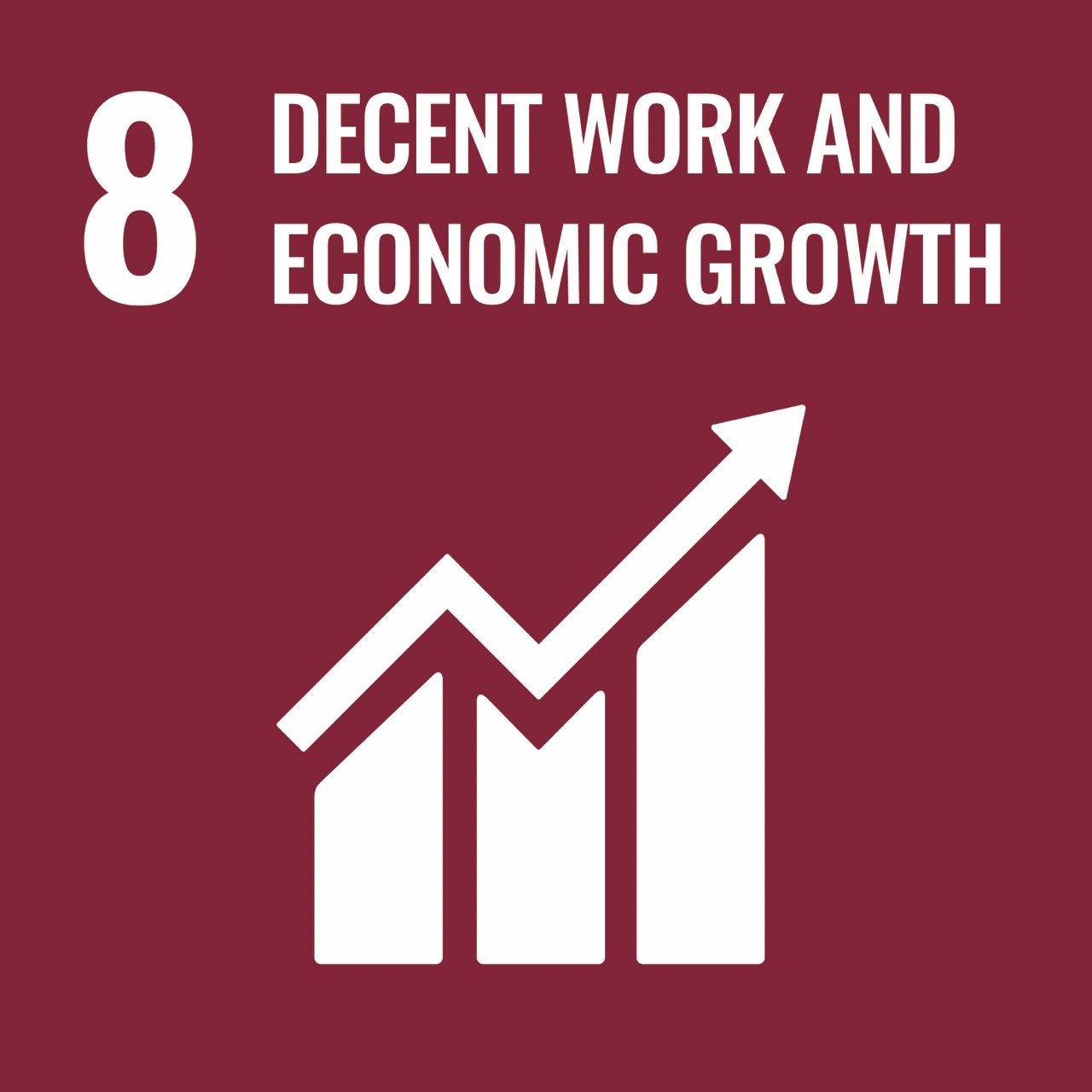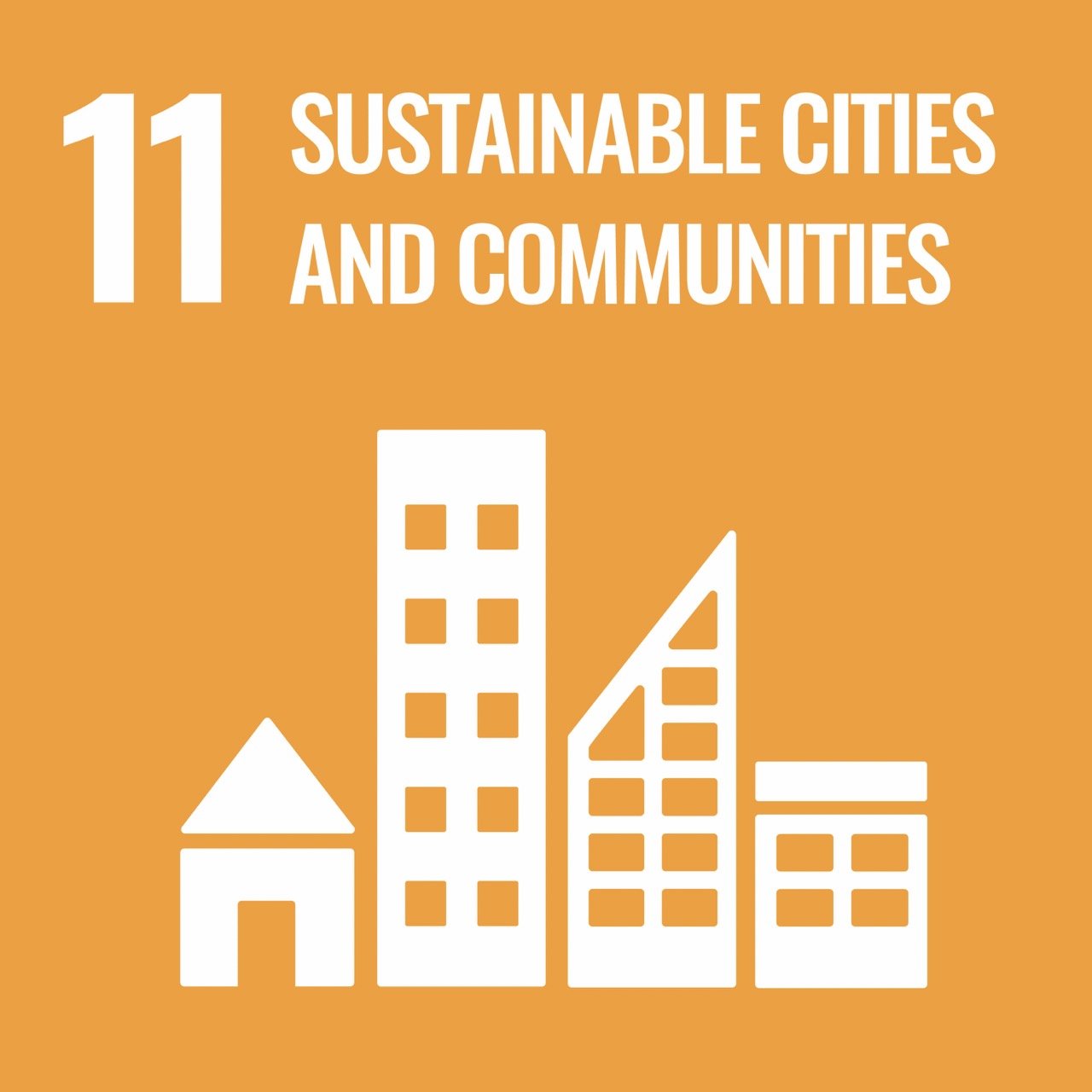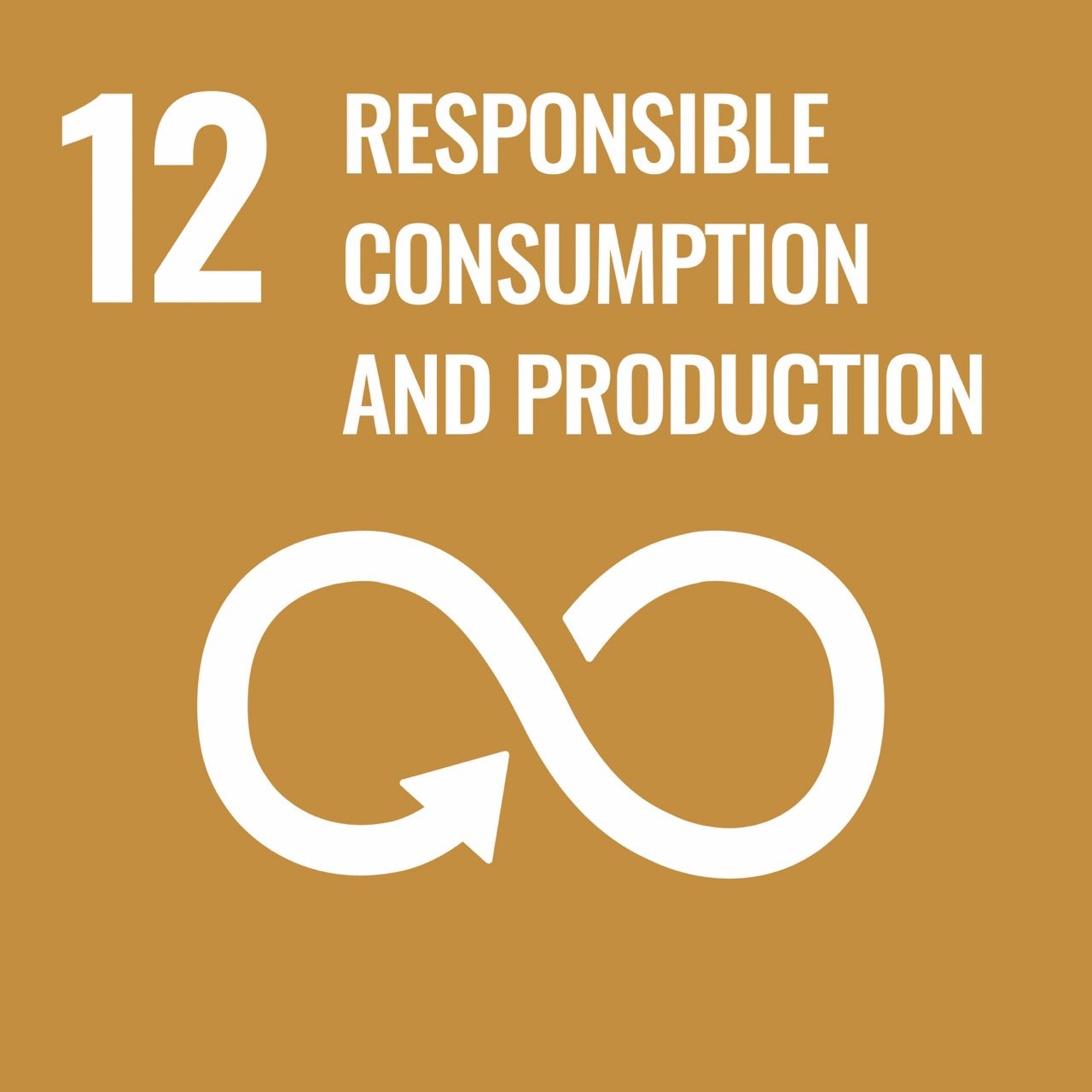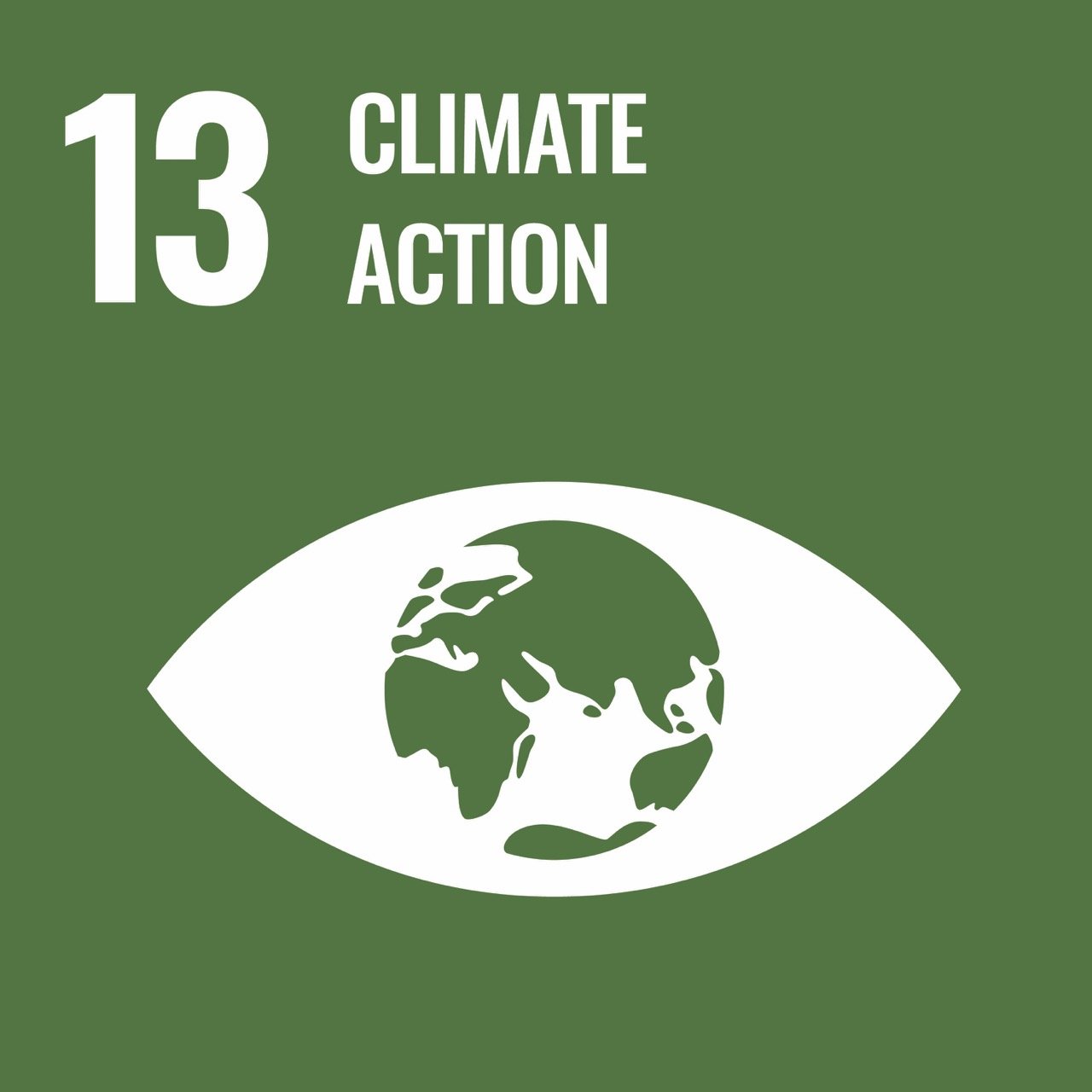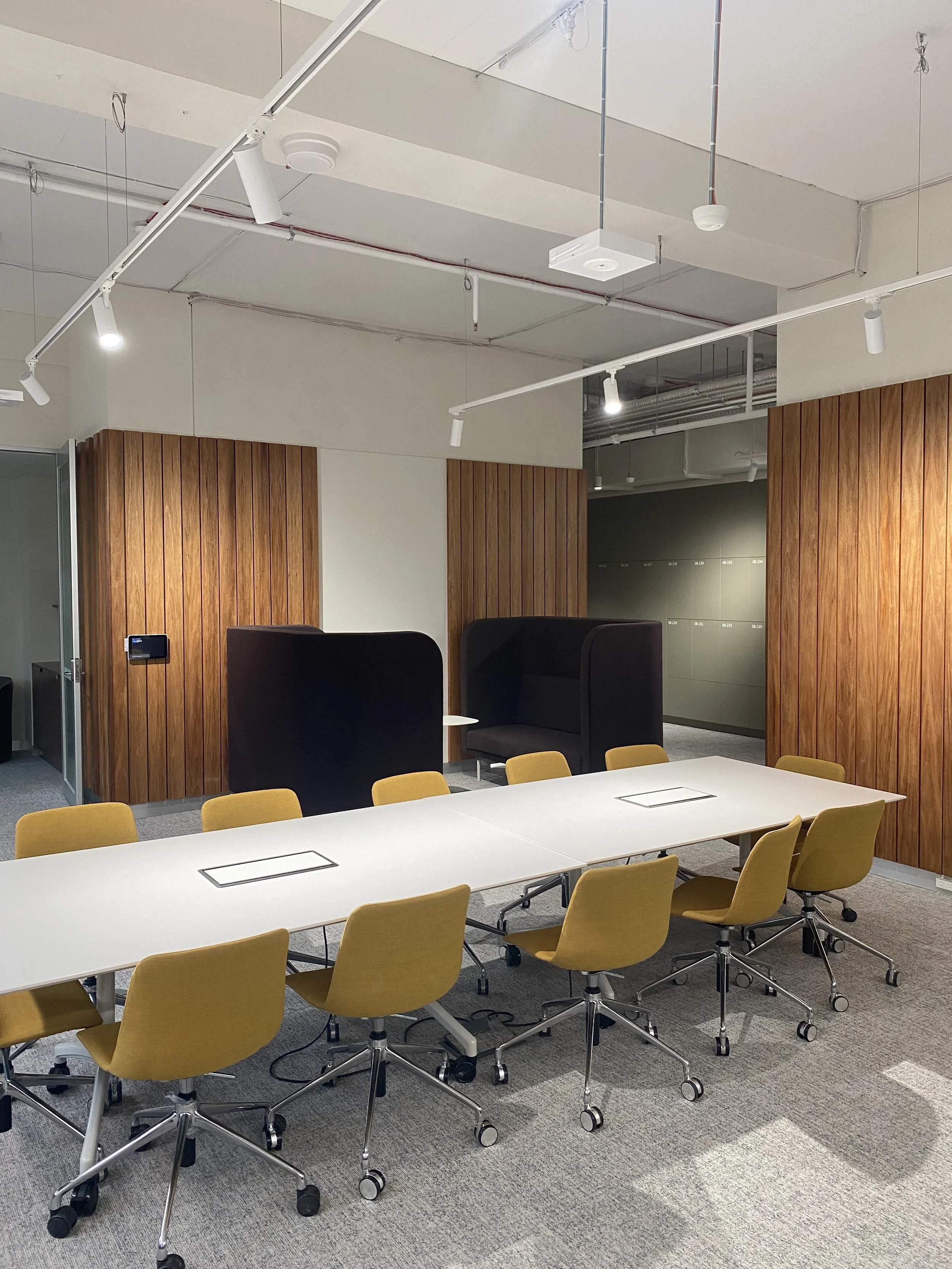PRIORITY AREA
11. Just and circular economy
Aspiration to 2030
The University’s approach to the procurement and use of products, services and materials has stimulated a more just and circular economy and catalysed change in our campus communities.
Progress against targets
The University has reduced waste to landfill to 10kg per person
Waste to landfill reduced to 11.8kg per person, down by 59 per cent from 2019 levels
84 per cent of waste materials were recycled and reused during the demolition and remediation works at the Fishermans Bend site
96 per cent of waste was diverted from landfill during construction of the Student Precinct Project
The University has reduced flow and improved circularity of materials passing through the University
Data collection process to set a baseline for circularity commenced, to be completed in 2023
The Student Precinct Project site is working towards being a single-use plastic free hub, with a mandatory crockery reuse service for all retailers
The University has principles for ethical and sustainable consumption and service provision embedded into operations and procurement practices
We led the development of a sector-wide response to modern slavery, sharing in a national sustainability award
Sustainability clauses and performance indicators have been embedded in recent large tenders, including fleet, grounds, waste and cleaning tenders
Suppliers are required to adhere to our Supplier Code of Conduct
The University tracks spend with social and Indigenous suppliers, setting targets from 2024
We spent $3.65 million with social and Indigenous suppliers. This included almost $900,000 on professional services and over $700,000 on grants
-
The University of Melbourne played a key role in the Australian Universities Procurement Network (AUPN) Modern Slavery project, which won the inaugural Sustainability Project of the Year Award at The Faculty Awards of Excellence in June 2022. The project was led and sponsored by former University of Melbourne Director of Commercial Services, Paul Holland, and Rhiannon Jones from Swinburne University.
The three-year program developed and designed a sector-wide response to the issue of modern slavery. Thirty-five universities joined and agreed to finance the program, which will deploy technological solutions and act as a point of reference for modern slavery mitigation across the university sector. The network represents over 140,000 suppliers and $25 billion of supplier spend.
Social procurement expenditure 2022
Social procurement in the refurbished Atlantic Fellows for Social Equity Hub
Social procurement is the process of generating social value above and beyond the cost of the goods, services and construction. The Student Precinct Project (SPP) included an interior fit-out of the Atlantic Fellows for Social Equity (AFSE) Hub, providing a meaningful opportunity for enhanced social procurement outcomes. The project team found significant opportunities to increase Indigenous participation, assisted by a social procurement database developed to support the SPP.
Some of social procurement outcomes from the project include:
18 per cent of total spend on Indigenous suppliers and labour
90 per cent of furniture supplied by Indigenous-owned company
50 per cent of furniture installed by women
100 per cent of flooring supplied by Indigenous-owned company.
These outcomes far exceeded the SPP contractual targets of three per cent total spend to be awarded to Indigenous businesses and/or social enterprises, and three per cent of labour hours to minority groups, delivering significant social value to the community beyond the cost of the works.
The project is a finalist in the Faculty Awards of Excellence for Indigenous Project of the Year.
AFSE is a life-changing fellowship program for the promotion of Indigenous social equity in Australia, Aotearoa and the Pacific region. Read more about 2018 AFSE Fellow Ariadne Gorring
Our waste performance
Waste to landfill in 2022 was 11.8kg per person, which remains significantly lower than the 2019 pre-pandemic level of 29.9kg per person. Our recycled waste also remained below 2019 levels. We aim to sustain this reduction through a range of programs and changes to our processes. In 2022, the University:
Commenced a sustainability review of office product suppliers to reduce waste generated in our offices
Completed an indoor bin infrastructure upgrade to ensure consistent waste collection methods and signage across the University
Made contractual changes to retail leasing and vending machine contracts to reduce single-use packaging and utensils
Implemented a single-use plastic free hub across parts of the Student Precinct Project to help ensure a sustained reduction in these waste streams.
Total waste from 2017 to 2022
Understanding demolition and construction waste
We are starting to more purposefully report on the waste and recycling associated with demolition and construction projects. Two major projects in 2022 were the remediation of Fishermans Bend and completion of the Student Precinct Project. At Fishermans Bend, 84 per cent of the 25,627 tonnes of waste materials were recovered, including 56 per cent concrete and steel that was recycled, and 28 per cent other materials which were treated and reused on site. For the Student Precinct Project, 96 per cent of 3,520 tonnes of waste material was diverted from landfill.
Fishermans Bend remediation and demolition waste 2022
Reuse programs go from strength to strength
Our long-running reuse programs continued in 2022, expanding its reach with the opening of the Student Precinct Project site on Parkville campus.
The Sustainability Team ran a Sustainability Victoria reuse masterclass, with over 100 attendees across the Victorian community. Other universities have also reached out to learn more about how they can set up a similar service, and visited the Parkville campus to see it in action.
3,916 items were diverted from landfill through the Furniture and Equipment Reuse Centre, equating to 95 tonnes and a value of $1.6 million
Choose to Reuse plate program washed 139,714 items, reducing waste to landfill and improving the circularity of catering goods. This crockery service is mandatory for retailers in the Student Precinct Project site, and additional dishwashing services were provided to facilitate the reuse of crockery
Choose to Reuse Events Service provided reusable crockery and cutlery to staff and student groups running events
We introduced Green Caffeen, a free and flexible reusable cup swap scheme available at several cafes on the Parkville, Southbank and Burnley campuses, helping to reduce use of takeaway coffee cups
University alum leading Melbourne’s transformation to a circular economy
Kunal Khanna credits the collaborative experiences he received as part of his Master of Environment for developing his understanding of sustainability on a global scale. A Circular Economy consultant at Aurecon Group, Kunal recently created and delivered the Circular Economy Framework for the City of Melbourne. Once implemented, Melbourne will become one of the biggest cities in the world to adopt circularity.
Kunal plans to continue to push the agenda for circularity throughout his professional career, making it “the only way we consume, grow and build as a species. This will transform our interaction with the planet and hopefully reach a place of true sustainability.”


